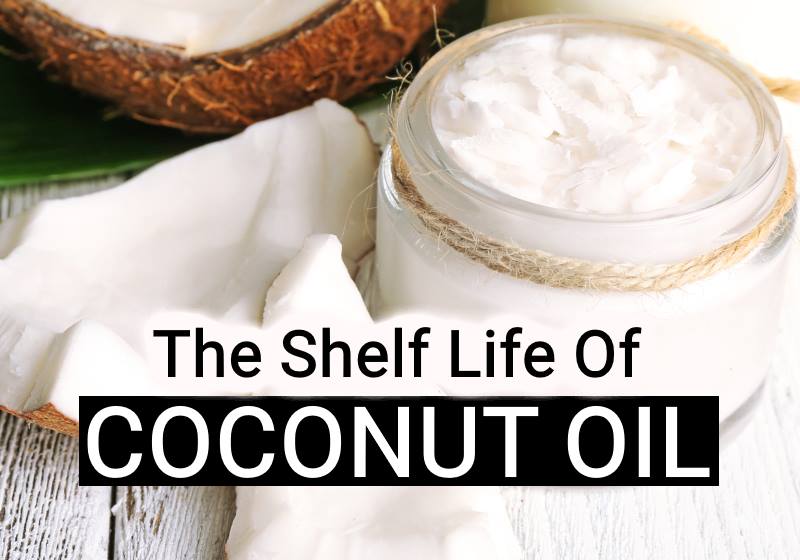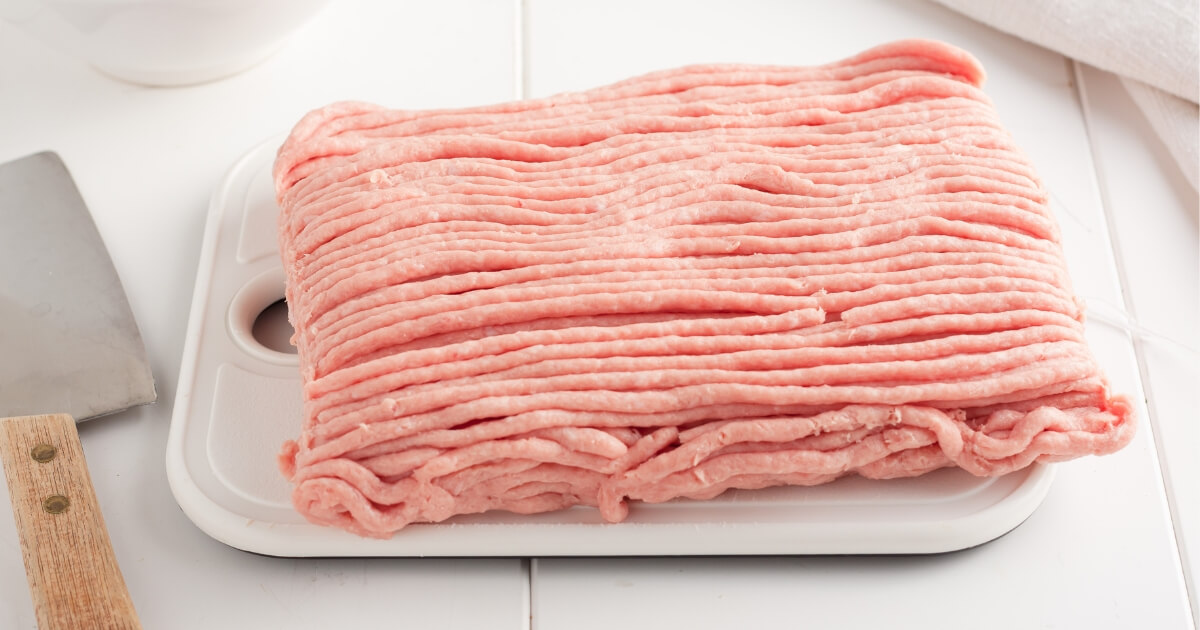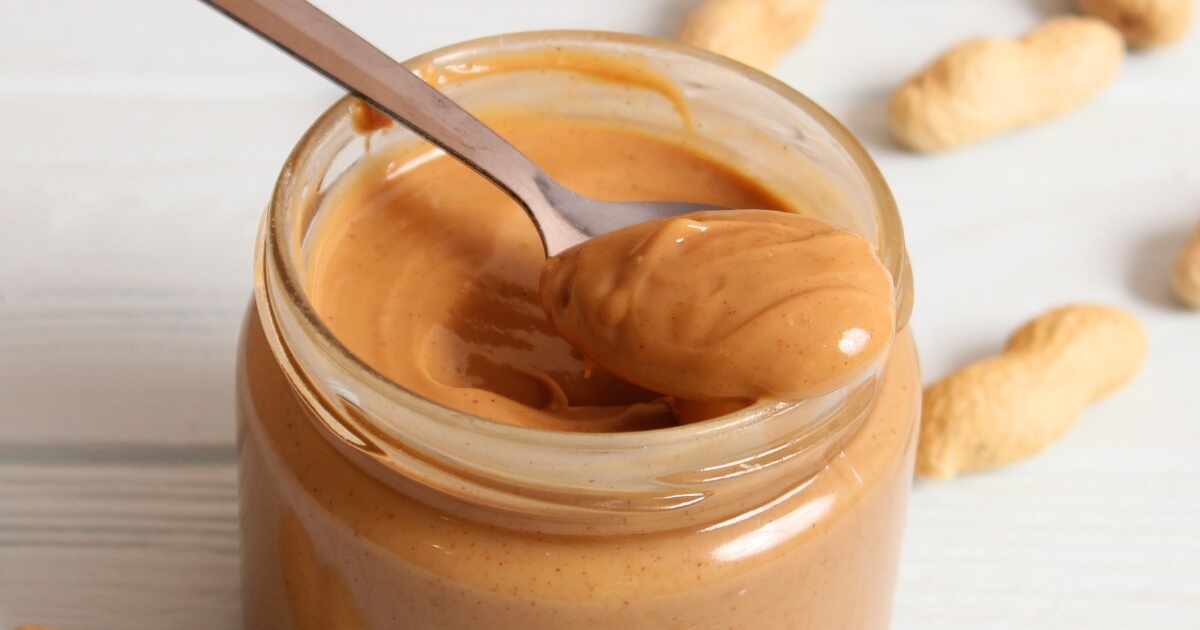With a surge in the popularity of coconut oil over the past few years, you probably have a jar stashed in your cupboard somewhere but are unsure how long you can safely use it for. Can coconut oil go bad, how can you tell, and how long is coconut oil good for?
Yes, coconut oil will eventually go bad. However, if carefully stored, coconut oil will last for years. Coconut oil is much more stable than olive oil due to medium-length saturated fat molecules that are less likely to spoil, giving it one of the longest shelf-lives of all the oils.
Refined coconut oil should last for up to 18 months with correct storage and handling, while unrefined coconut oil can last up to five years.
Coconut Oil Shelf Life & Expiration Dates
As a fat, coconut oil is vulnerable to the traditional enemies of all oils: heat, light and oxygen. How long does coconut oil last? If stored in a cool, dark cupboard, coconut oil can last from one year anywhere up to five years, depending on the method of processing.
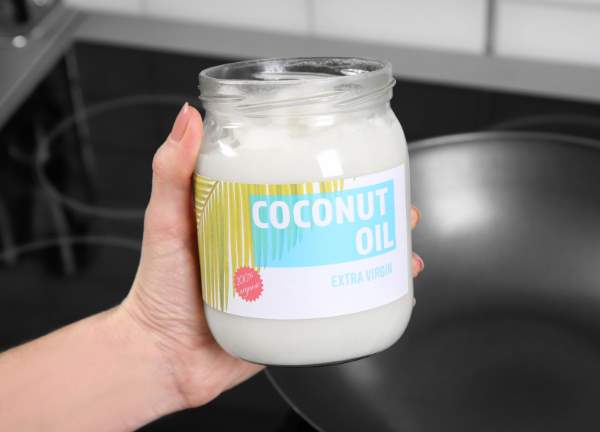
There are two different kinds of coconut oil, each with different qualities.
- Unrefined Coconut Oil/Virgin or Extra Virgin Coconut Oil – Prepared with a “wet milling” process, this type is purer and contains more antioxidants than refined coconut oil. It has a natural coconut aroma and flavor and will last anywhere between three and five years if stored and handled correctly.
- Refined Coconut Oil – This is more processed and is prepared by “dry milling.” It has a neutral flavor and scent. If stored correctly, it can last up to 18 months (around two to three months past its expiry date)
If you purchase coconut oil, there should be a ‘best by’ date printed on the packaging. This is merely an indication of how long the oil will retain its best qualities – it should be safe to consume after this time.
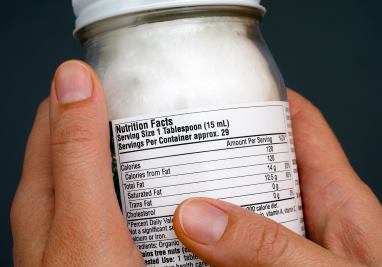
SEE ALSO: How To Read Expiration Dates
How To Tell If Coconut Oil Is Bad
Coconut oil can be either liquid, solid, or in between, depending on the temperatures it’s exposed to. Either form is fine, and even frequent changes in temperature won’t cause it to spoil faster. However long-term exposure to higher temperatures can speed up the process.
Below 75-degrees Fahrenheit, coconut oil is solid and is a bright, white in color. When liquid it should be almost clear or slightly milky.
It’s easy to detect when coconut oil has expired by using our check list below.
- Check the color – If there is any indication that your coconut oil has turned yellowish or brownish, it’s gone bad and should be thrown out. Brown or green spots indicate bacterial growth or mold. Make sure you check at the bottom of your jar, not just on the surface.
- Check the consistency – Coconut oil should be smooth, both in liquid or solid form. If you can see or feel a chunky, curdled texture, it’s time to buy a new bottle.
- Smell it – If your coconut oil has gone bad, you’ll definitely be able to smell it – the odor will be sour and rancid.
- Taste a small amount – If your coconut oil is starting to turn, it may develop a nutty flavor before becoming rancid and bitter tasting.
One important factor that can cause your coconut oil to rapidly spoil is contamination from other food stuffs. Avoid scooping oil out with your fingers and always make sure that any utensils you use are clean.
Air is another consideration. If you leave the lid off for too long the oil will start to oxidize and go bad more rapidly, so make sure you tightly screw that lid on as soon as you’re done with the oil.
Does Coconut Oil Need To Be Refrigerated?
Coconut oil does not need to be refrigerated. Although it won’t do any harm to keep it in the fridge, it will become very solid and difficult to scoop out and use. There’s no need to spend your time chipping away at the oil, when there’s really no benefit to refrigerating it.
Coconut oil will last perfectly well stored in a kitchen cupboard. It simply needs to be out of direct sunlight and away from excess moisture and heat. Don’t forget to always keep the bottle or jar tightly sealed.
Can You Freeze Coconut Oil?
Although it’s not necessary, you can freeze coconut oil for future use. We suggest warming the coconut oil up to liquid form and pouring it into ice cube trays for storage. For easy use in cooking or baking, measure each cube out into one or two tablespoon amounts.
Once frozen, you can then place the cubes in a sealed container or plastic bag and take out as much as you need at a time.

